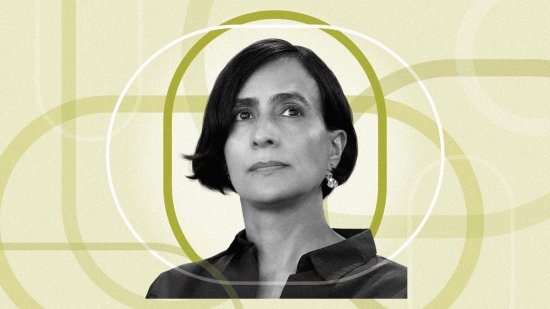
Colombia’s Minister of Environment and Sustainable Development, Susana Muhamad, is very clear about one thing: Cutting emissions isn’t enough—in order to thrive the world must also protect biodiversity and restore nature. This is the message she championed as chair of this year’s U.N. Biodiversity Conference held this fall in Cali, Colombia. Her work under President Gustavo Petro’s government has helped bring about record low deforestation—down 36% in 2023 thanks partly to financial incentives encouraging farmers to conserve the land. Last December, Colombia became the first major fossil-fuel-producing country to join calls for a fossil fuel non-proliferation treaty. And this September, her office launched a new investment portfolio, putting the country on a path to phase out fossil fuels and hopefully attract some $40 billion in investment by prioritizing efforts including eco-tourism and clean energy.
[time-brightcove not-tgx=”true”]What is a climate solution (other than your own) that isn’t getting the attention or funding it deserves?
Currently, the ecological restoration of our ecosystems does not receive sufficient attention or funding, but it is a key climate solution to create more resilient territories against the impacts of climate change and that can contribute to its mitigation and adaptation.
Restoration should be done hand in hand with local communities, so that they see in this process of recovery of nature an opportunity for social and economic development, strengthening their governance, capacities, and resources.
Where should climate activism go in the next year?
At a time when we are defining the future of humanity and facing a triple planetary crisis that threatens our very existence, climate activism is essential to foster relationships between biodiversity and climate change, generating a huge mobilization of millions of people towards action and conservation.
This shows that the protection of nature is as important as decarbonization and climate transition, that nature must have the same social connotation, that it can be an ally in this purpose and that it is our greatest asset in the 21st century.
Therefore, we call for global unity to establish a treaty that prohibits the proliferation of fossil fuels and a financial framework that facilitates a just energy transition for all countries, which requires a fundamental change in our economy and in the rules of the game.
What’s the most important climate legislation that could pass in the next year?
In Colombia we have promoted two transcendental initiatives for climate action that we hope will soon have a strong echo and become a global mandate. On the one hand, we believe it is essential to begin negotiating a fossil fuel non-proliferation treaty that limits the production and extraction of fossil fuels, allows a progressive exit and encourages a just transition for countries, workers and communities. Likewise, and complementary to this purpose, we hope that a financial pact will be reached to help reduce the debt of countries and open their fiscal space for systemic investment in climate action, conservation, and sustainable use of biodiversity.